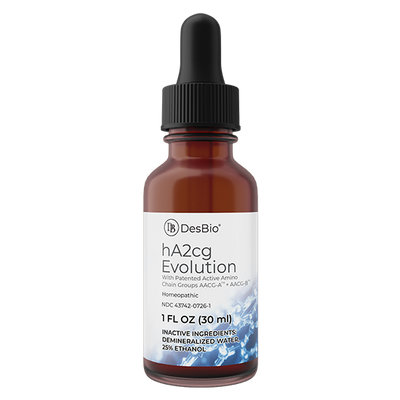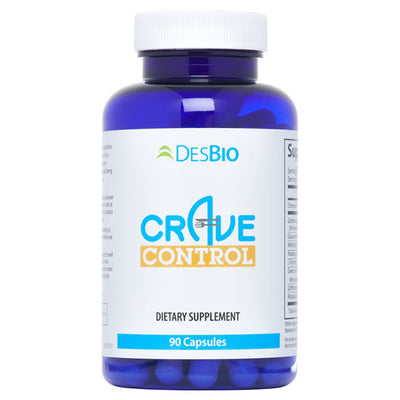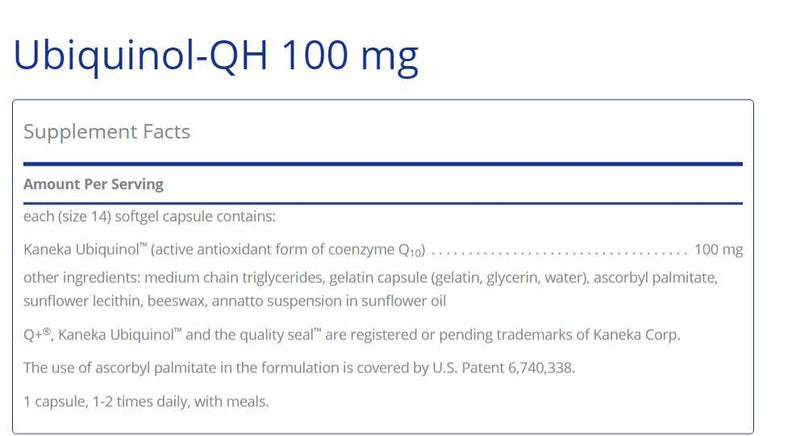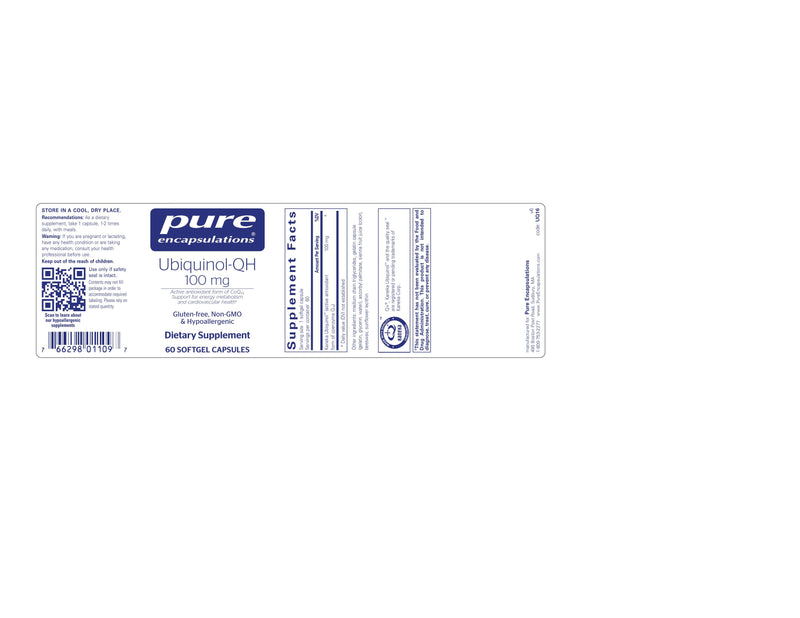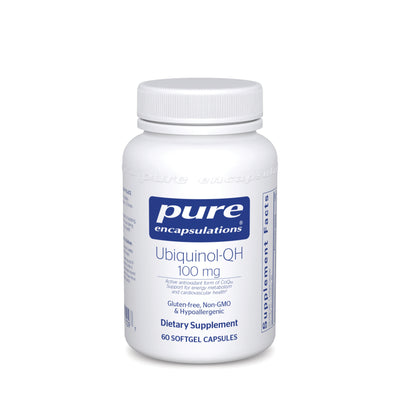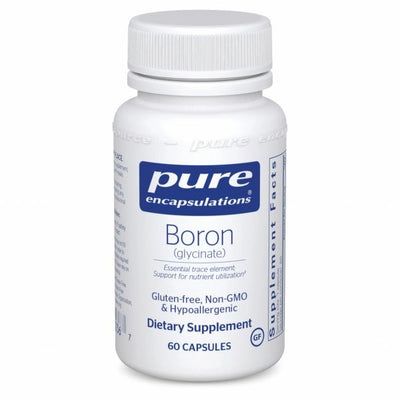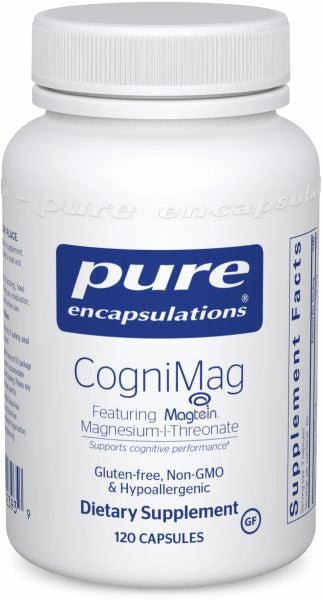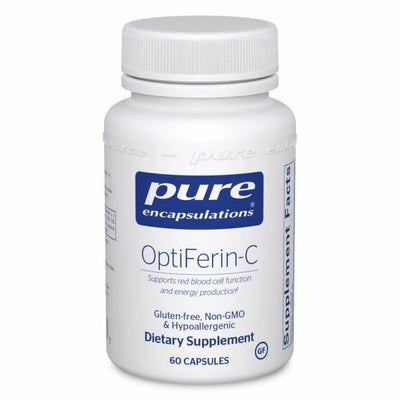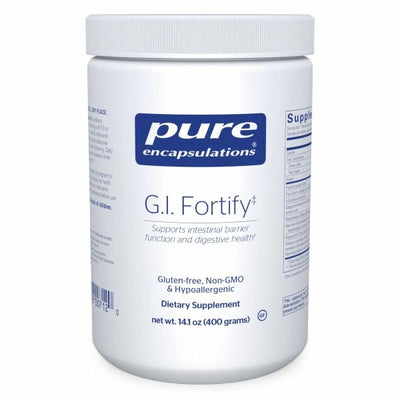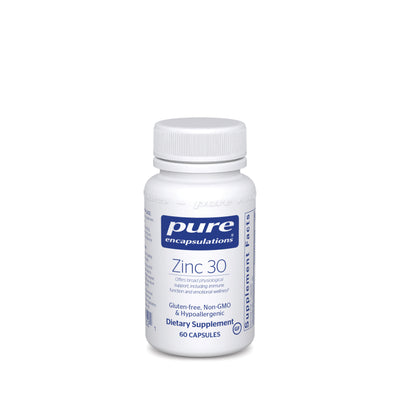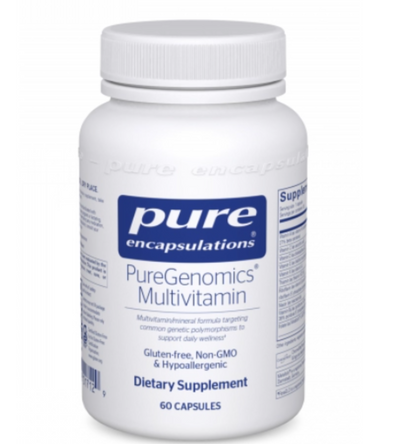Supports the immune system and cellular energy. Strong antioxidant protection. Made with hypoallergenic ingredients. Ubiquinol-QH is an antioxidant that is especially important for older individuals or individuals who may be experiencing greater levels of oxidative or physical stress. This antioxidant is best known to support cardiovascular health as well as promote cellular energy.
Ubiquinol is the active antioxidant form of CoQ10. It has an additional two hydrogen atoms and comprises the majority of the ubiquinone/ubiquinol pool in the plasma of healthy subjects. Ubiquinol may be especially important for older individuals, individuals who may be experiencing greater levels of oxidative or physical stress, or for individuals who appear not to respond to regular CoQ10 supplementation (possibly due to poor conversion of CoQ10 to ubiquinol in the body). Research suggests that it may be more readily absorbed than ubiquinone. In a comparison study involving healthy subjects, supplementation with 200 mg ubiquinol for 4 weeks increased plasma total CoQ10 from 0.9 to 4.3 _g/mL (P < 0.001) compared to 0.9 to 2.5 _g/mL with ubiquinone. It was also noted that ubiquinol supported a healthy ratio of CoQ10 to lipids. Research indicates ubiquinol supports antioxidant status, healthy ejection fraction and mitral valve function while supporting overall physical activity and quality of life. The safety and bioavailability of ubiquinol were evaluated after single oral dose and 4-week multiple dose studies. Significant gastrointestinal absorption was observed and no clinically significant adverse effects were noted. _
Kaneka QHª Research
Ubiquinol is the active antioxidant form of CoQ10. It has an additional two hydrogen atoms and comprises the majority of the ubiquinone/ubiquinol pool in the plasma of healthy subjects. Ubiquinol may be especially important for older individuals, individuals who may be experiencing greater levels of oxidative or physical stress, or for individuals who appear not to respond to regular CoQ10 supplementation (possibly due to poor conversion of CoQ10 to ubiquinol in the body). Research suggests that it may be more readily absorbed than ubiquinone. In a comparison study involving healthy subjects, supplementation with 200 mg ubiquinol for 4 weeks increased plasma total CoQ10 from 0.9 to 4.3 _g/mL (P < 0.001) compared to 0.9 to 2.5 _g/mL with ubiquinone. It was also noted that ubiquinol supported a healthy ratio of CoQ10 to lipids. Research indicates ubiquinol supports antioxidant status, healthy ejection fraction and mitral valve function while supporting overall physical activity and quality of life. The safety and bioavailability of ubiquinol were evaluated after single oral dose and 4-week multiple dose studies. Significant gastrointestinal absorption was observed and no clinically significant adverse effects were noted. _
Kaneka QHª Research




